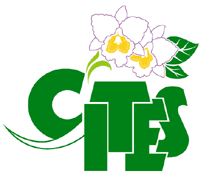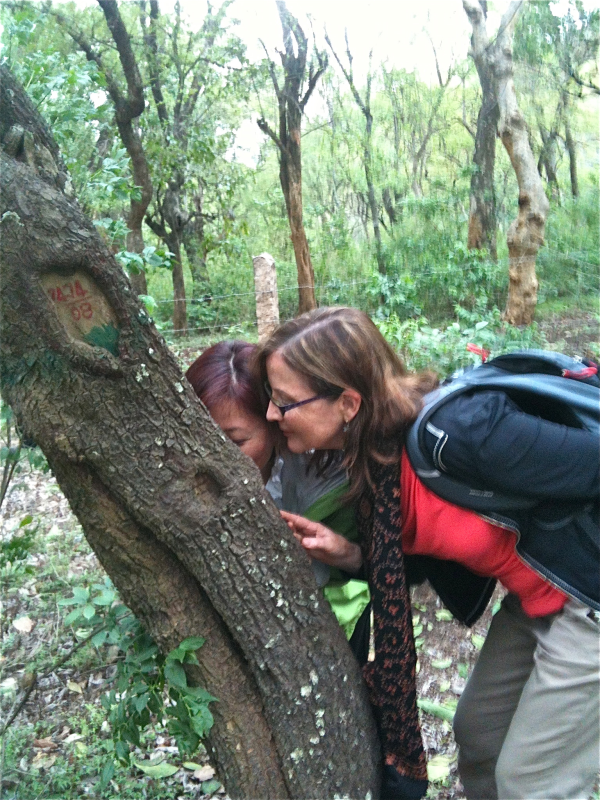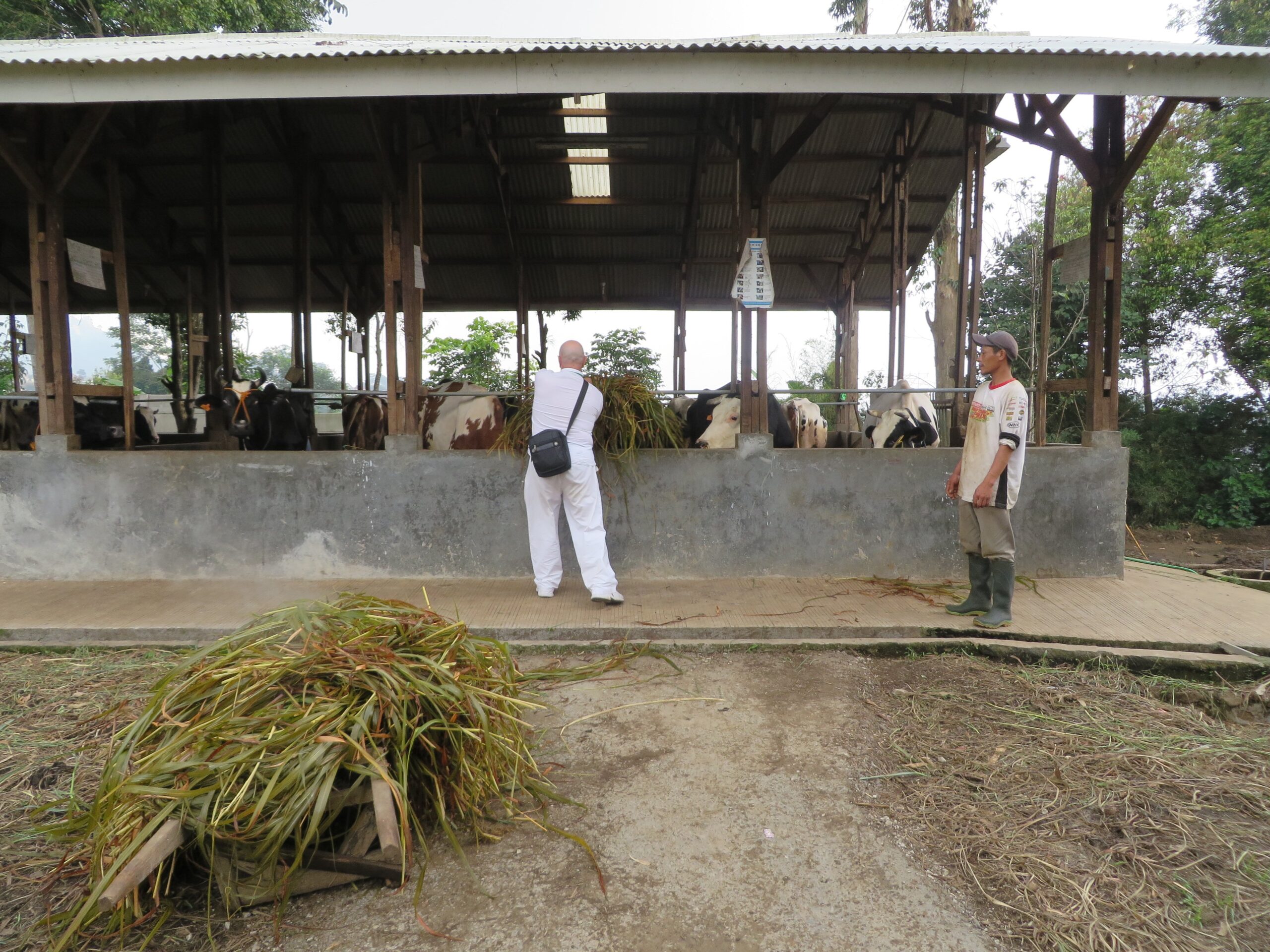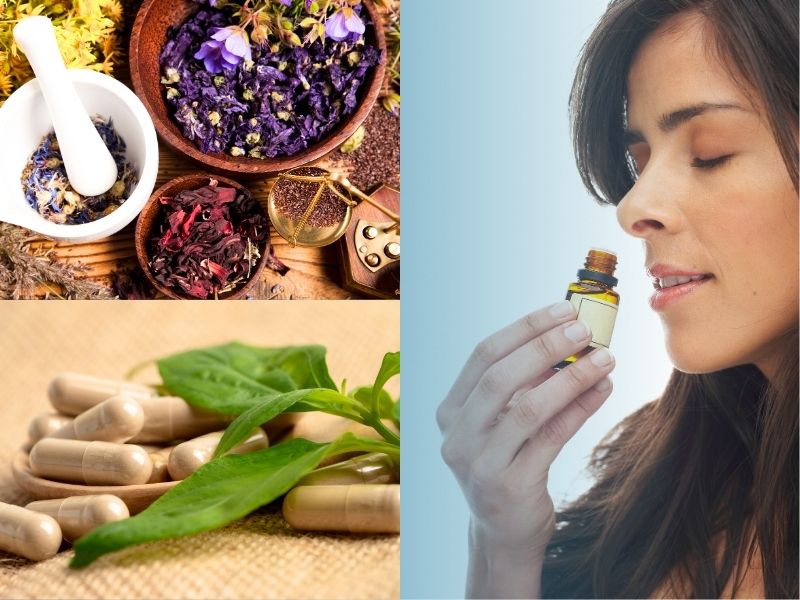Sustainability in Aromatherapy
Environmental concerns and sustainability are no longer just buzzwords in the marketer’s toolbox. These are crucial buying considerations to APAs. APAs are aware that wildcrafted botanicals are the most desirable source for essential oils for clinical aromatherapy purposes, but they are also aware that nature is fragile and the balance is easily upset. A “wildcrafted plant” is commonly defined as a plant that has been gathered in the wild, in its natural habitat, for manufacturing or personal use (organic.org, 2013). It is important to note, however, that wildcrafting can create ecological issues; wild habitats are being reduced drastically each day and a number of botanicals that have been traditionally wildcrafted are becoming endangered (Buren, n.d.). There are numerous examples of wildcrafting plants for essential oils production causing ecological issues, including sandalwood S. album and rosewood Aniba rosaeodora (Ducke). APAs are trained to check the status of wild plants sourced for essential oils before purchasing. Producers are also encouraged to check the status of a plant before harvesting to ensure that wild medicinal plants are preserved for future generations. There are a number of resources that track the status of endangered or trade-restricted plants.
 Protecting Endangered Plant Species Through Global Trade Regulations
Protecting Endangered Plant Species Through Global Trade Regulations
The Convention on International Trade in Endangered Species of Wild Flora and Fauna (CITES) currently provides an approximate list of 301 species and four subspecies listed on Appendix I; 29105 species, including two populations, on Appendix II; 147 species in Appendix III; and one subspecies, including five populations, as being endangered[1]. Appendix I plants are threatened with extinction and trade is only permitted in exceptional circumstances; Appendix II plants are not facing extinction but trade must be controlled to avoid extinction; Appendix III plants are protected in at least one country and member countries are asked to help to control the trade.[2] CITES is a voluntary member organization and requires cooperation on the part of all suppliers and traders to ensure plant diversity for years to come.
 Another useful organization is the International Union for Conservation of Nature (IUCN), which provides a Red List of Threatened Species. The Red List of Threatened Species™ is widely recognized as the most comprehensive, objective global approach for evaluating the conservation status of plant and animal species. In the United States, the United Plant Savers[3] provides two lists of botanicals on their website: the “At-Risk” and “To-Watch” botanicals lists.
Another useful organization is the International Union for Conservation of Nature (IUCN), which provides a Red List of Threatened Species. The Red List of Threatened Species™ is widely recognized as the most comprehensive, objective global approach for evaluating the conservation status of plant and animal species. In the United States, the United Plant Savers[3] provides two lists of botanicals on their website: the “At-Risk” and “To-Watch” botanicals lists.
 The Importance of Ethical Wildcrafting in Essential Oils
The Importance of Ethical Wildcrafting in Essential Oils
Ethical wildcrafting standards and sourcing are major purchasing considerations when APAs purchase wildcrafted essential oils. Initiating programs designed to preserve these important wild medicinal plants is a valuable addition to the essential oil trade. For example, in the case of S. album, endangered in India, there are a few last stands of sandalwood forest in the Western Ghats, but no evidence of any real sustainability programs for regeneration. APAs consider this when purchasing sandalwood as demonstrated by the growing market dominance of Australian sandalwood, traded with an emphasis on sustainability in both harvesting and production methods. Sustainable regeneration programs require a long-term, big-picture worldview—a difficult perspective when day-to-day survival is paramount in economies such as India.
Concern for the environment also extends to the management of the waste material and the development of viable sustainable uses for spent plant material. The Manoko experimental and research garden, managed by the Indonesian Medicinal and Aromatic Crops Research Institute, provides a great example of where dairy cows are fed the spent material from the distillation of citronella Cymbopogon nardus (L.). Research there has shown increased yield of the raw milk with a reduced bacteria count (Petersen 2013).[4]

In addition to ecological issues, industrial pollutants have contaminated many traditional global sources. The Chernobyl nuclear disaster in 1986 contaminated a wide essential oil producing area of Eastern Europe (WHO, 2005). The destruction of forests to produce cash crops or to mine for minerals used in technology, such as smartphones and other wireless telecommunication devices, in areas such as the Amazon, Central Africa, and throughout Europe and the United States, also contribute to the destruction of valuable healing plants and their potential essential oils.
[1] Found online at: http://www.cites.org/eng/disc/species.php
[2] Found online at: http://www.cites.org/eng/disc/how.php
[3] Found online at: http://www.unitedplantsavers.org/content.php/121-species-at-risk
[4] Conversation at Manoko Experimental Research Garden, Indonesian Medicinal and Aromatic Crops Research Institute Java Indonesia, May 2013



